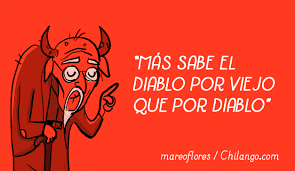Inequality and "The Broken Ladder"

Wrestling with inequality shapes much of current political discourse, it seems, at home and abroad. If you pay attention, you have heard a great deal about growing pay and wealth disparities, the Gini coefficient , and other sundry items, in a growing number of articles and books. The Broken Ladder: How Inequality Affects the Way We Think, Live, and Die by Professor Keith Payne of UNC-Chapel Hill is an important contribution to this growing bundle of literature. Angus Deaton's The Great Escape: Health, Wealth, and the Origins of Inequality established a powerful set of insights around income and life-expectancy, that health and wealth are two measures of quality of life, from the perspective of the economic sciences. Payne adds immense depth from his personal research and that of others in the field of psychology and neuroscience. Both Deaton (a Nobel Prize-winner) and Payne are fine scholars, and these two books are both eminently readable. Both have important scholarly ci...

